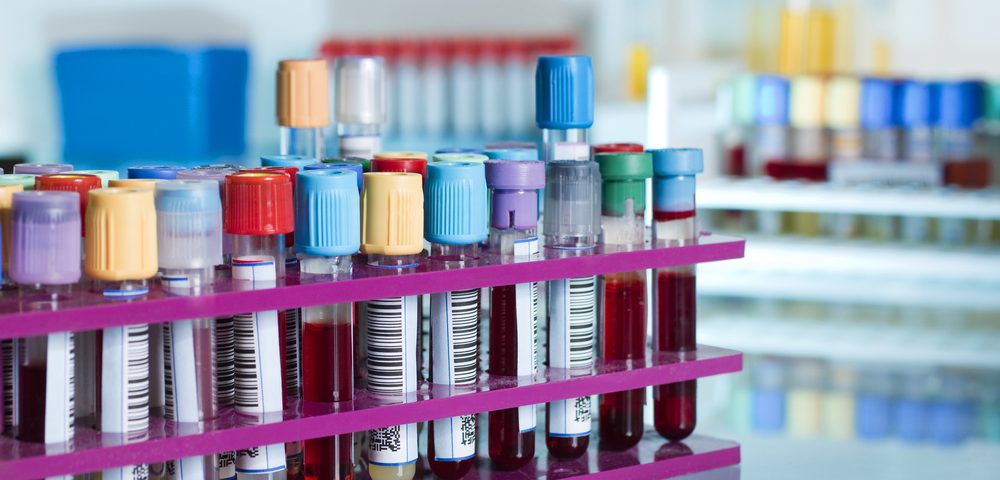A blood test can detect solid tumors with a high degree of accuracy, according to new data presented by the ITUS Corporation, which developed the technology.
The test uses artificial intelligence to analyze the subtle changes in a patient’s white blood cells, which can indicate if a tumor is present.
ITUS presented data from an ongoing study of the test at the American Society of Clinical Oncology-Society for Immunotherapy of Cancer (ASCO-SITC) Clinical Immuno-Oncology Symposium, held Jan. 25-27 in San Francisco.
The poster was titled “The coupling of MDSCs with a computational analytic method to detect solid tumors.”
Detecting cancer early, at Stage 1 or Stage 2, can improve a patient’s chances of long-term survival to over 95%, or in some types of cancer, to 100%.
But if a cancer is detected at an advanced stage, the likelihood of long-term survival drops to 10%.
To facilitate early detection, ITUS developed a test using a technique called flow cytometry, which counts the number of white blood cells in blood samples. ITUS’ technology focuses on myeloid-derived suppressor cells, white blood cells that suppress anti-tumor immune responses. The test also counts other types of white blood cells, which are included in the analysis.
ITUS’ proprietary technique uses neural networks, a machine learning computing method that mimics the connections between nerve cells in animal brains, to analyze the results from flow cytometry. The neural network “learns” as it goes, and the more specimens it analyzes, the more accurate the test becomes.
The company conducted a study on blood samples from 81 cancer patients and 82 healthy volunteers to check the accuracy of the test. The cancer patients had different solid tumors, including common cancers, like breast, prostate or lung cancer, and rare cancers, such as bone cancer, or cancer of the connective tissue.
The test detected 89% of Stage 1 to Stage 4 cancers, with only a 5% false positive rate, researchers reported.
This is the second study on the accuracy of the test. Data from the first, reported in December 2016, found a 92% accuracy and an 8% false positive rate. The slip in the accuracy rate between the first and second study remains within the margin of error, and may be attributed to the higher rate of late-stage cancers in the second cohort of patients, according to the press release.
“The immune system undergoes changes regardless of the location of the tumor, hence the patterns indicative of a tumor should exist regardless of the type,” Dr. Amit Kumar, ITUS Corporation’s president and chief executive officer, said in a press release. “Such an assertion is supported by the fact that we have been able to identify the presence of cancer in patients with 20 different tumor types, although in some cases we only tested a small number of samples.”
ITUS says its technology can detect tumors more effectively than expert scientists and doctors. The company is planning to publish this data, and estimates that once the test is put to use, its price will be less than $200.
“While these studies were done un-blinded, and more data needs to be obtained, we are extremely pleased with the performance,” Kumar said. “As a scientist, there are two conclusions that I can make.
“First, it is clearly the case that our proprietary artificial intelligence application is better at making the calls than the best and most experienced scientists or physicians. Second, because our technology monitors the response of the immune system to the existence of a tumor, we feel this technique will be able to identify any individual with cancer regardless of the tumor type,” Kumar added.


